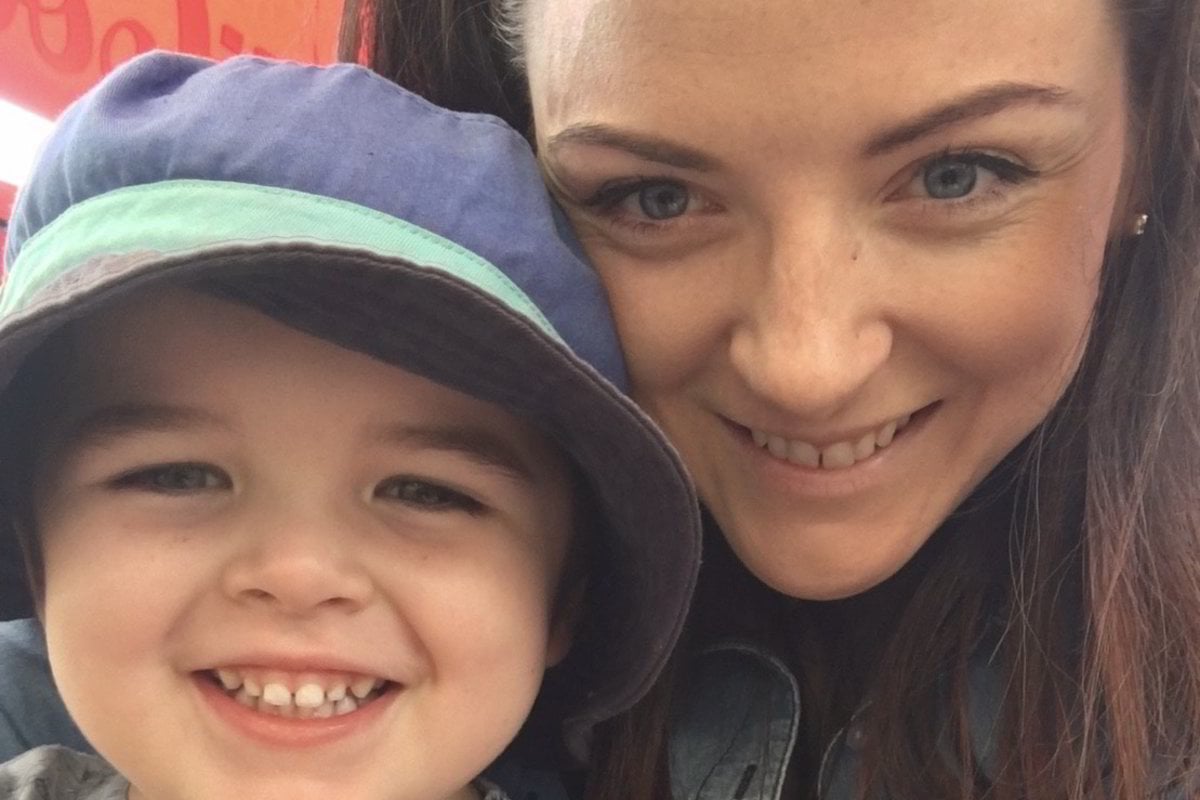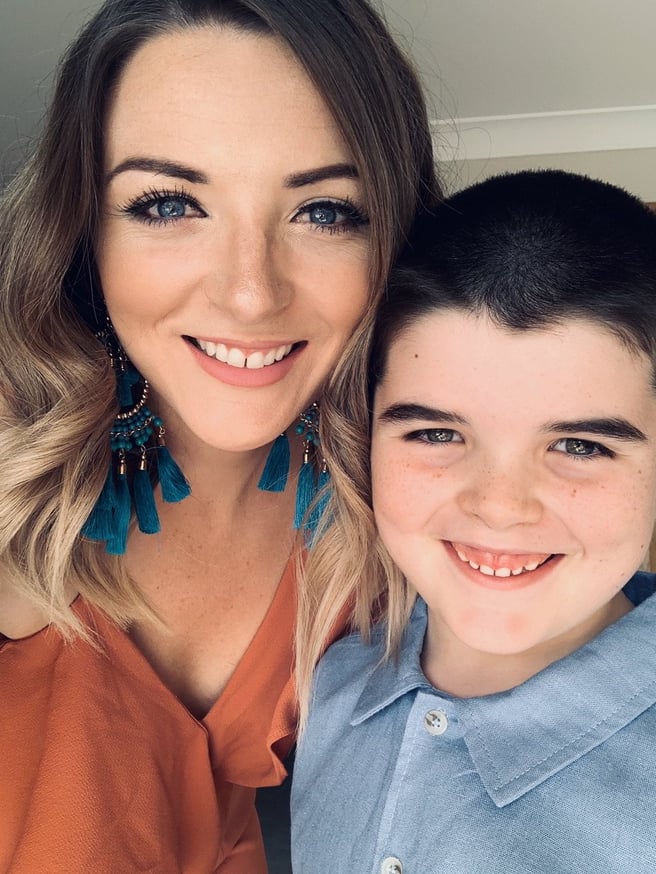
I get asked this question at least twice a week and several times at every children’s birthday party I attend, so let’s say it’s close to 200 times a year.
This question is met with a well-established and rehearsed answer. I’ve honed it over the years for these inquisitive parents, family members and strangers who see (or know) that I have one child and assume I want more – because having only one child is weird, right?
Here’s a side note: I have given birth once. My son is six years old and I am stepmother to a 16-year-old son, so my family situation is of the blended variety. I recognise that 10 years between siblings is a long time and our teenager is certainly not attending children’s birthday parties, so on the surface, it could appear that my son is an only child.
When explaining my situation at birthday parties, I get nods of understanding, flavoured with “Who does he play with?”, or “Only children are spoilt,” or comments indicating people think I’m being selfish.
Watch: Things people never say at kids' parties. Post continues below.


Top Comments